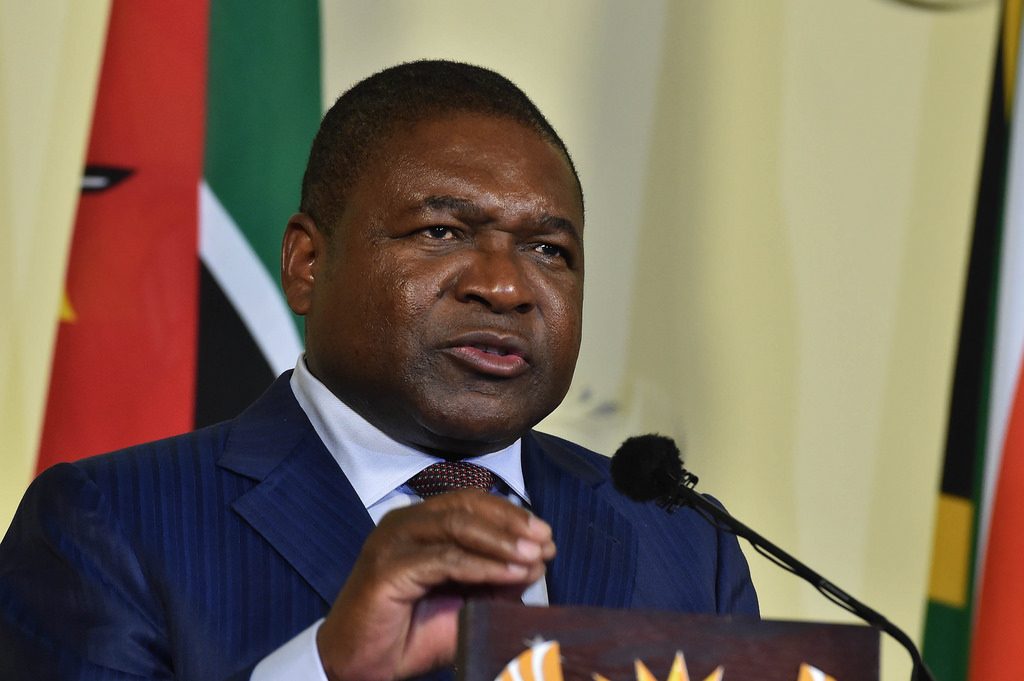Despite “legislative and institutional efforts, governance and corruption challenges in Mozambique remain of a systemic nature, principally due to constraints on effective implementation,” the government admits in a “Report on Transparency, Governance and Corruption”. It is a government report, completed in July with “assistance” from the IMF and pressure from the IMF, and published by the IMF on 23 August.
The use of term “systemic” appears intentional and a footnote on the very last page of the report notes that the IMF “defines ‘systemic corruption’ as circumstances where ‘corruption is no longer a deviation from the norm, but is manifested in a pattern of behaviour so pervasive and ingrained that it becomes the norm’.” The footnote continues: “‘Systemic corruption’ has also been defined as the corruption that ‘is both pervasive and organized, affecting different levels of government, and practised by bureaucrats and politicians alike in nearly all government departments’.”
For much of the report, the government defends itself: “We have already taken strides toward addressing governance and corruption vulnerabilities over the last 15 years”, and it promises 29 new sets of regulations and laws.
Despite these efforts, the report admits that corruption significantly increasing during the second term of President Armando Guebuza and the first term of Filipe Nyusi. “Mozambique’s cross country governance and corruption indicators have progressively deteriorated” during the past decade, the report admits. Mozambique is now falling behind neighbouring countries on nearly all international indicators. A 12-page annexe details Mozambique’s low scores on a range of international scores.

“Despite a sound legal and institutional framework, we recognise that a large percentage of government bids are not competitive [and] only a third of both central and provincial procurement is awarded through open tendering procedures.” It continues: “In the current context, as arrears accumulated and third-party suppliers face payment uncertainty, the number of suppliers dwindles. This, in turn, raises the risk of non-transparent arrangements (including bribes and kickbacks)”.
“Hiring practices and bonuses and overtime payments still lack effective control.”
A single sentence says “we are committed to combatting vested interests and stopping impunity related to high-level corruption,” but nowhere does it say how it plans to do so. In particular, it promises increased transparency and calls for help from civil society, but nowhere does it suggest the publication of asset statements by key figures. Mining contracts have not been published since Nuysi took office in 2015.

